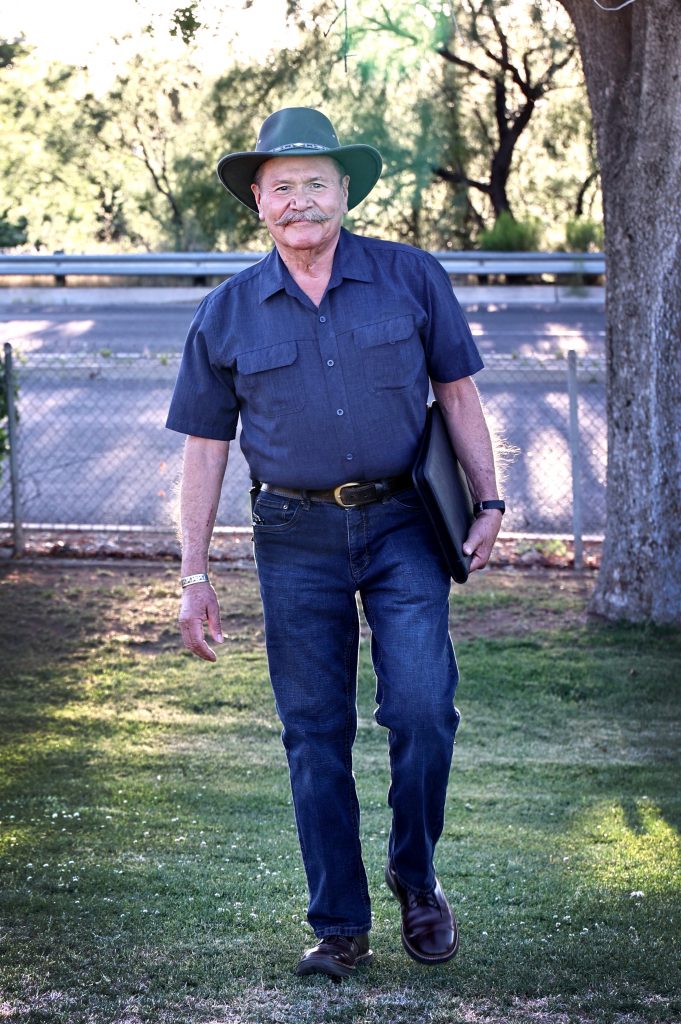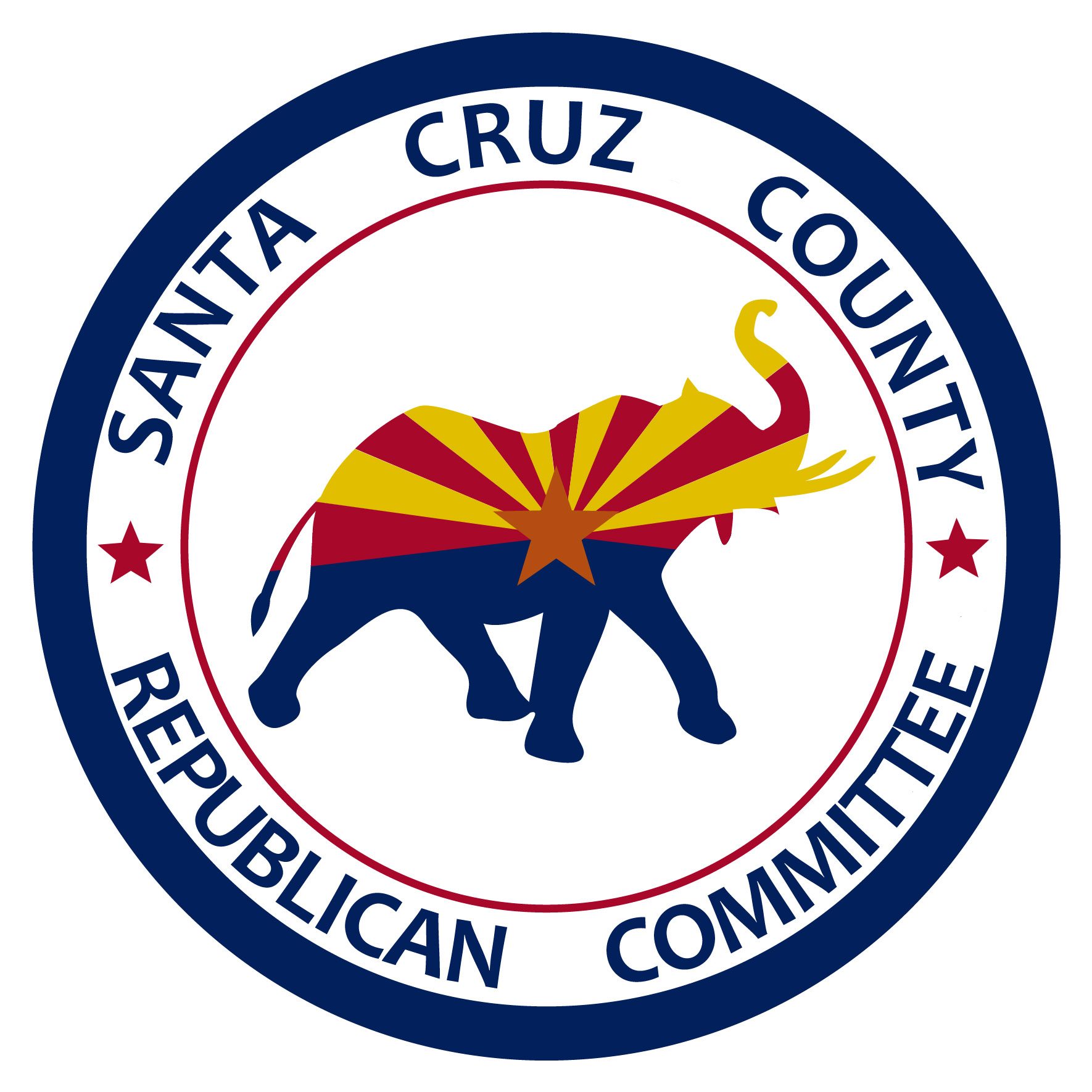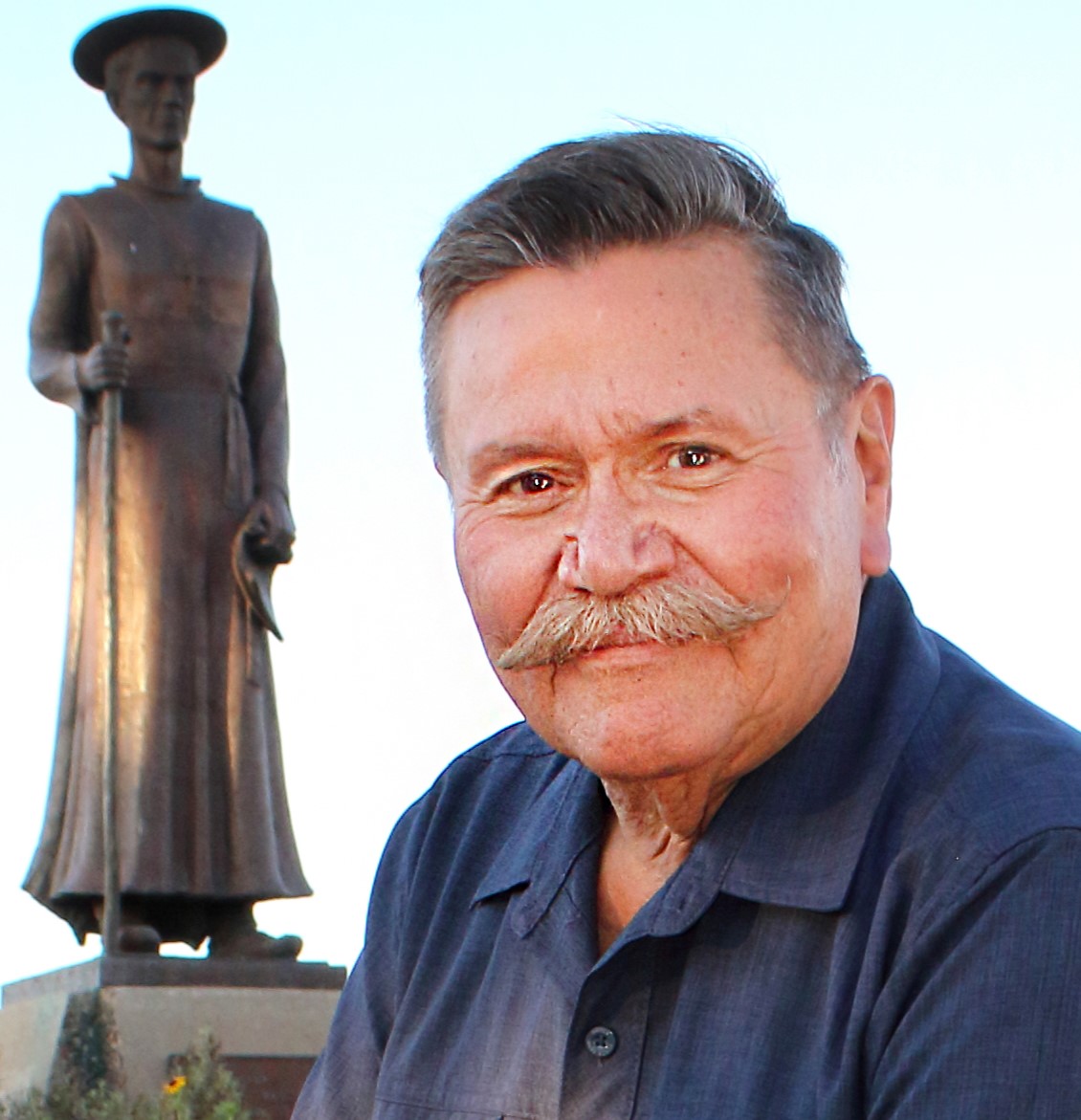The multifaceted Jesus Jerez prides himself in pulling himself up with his bootstraps. From humble beginnings to an illustrious career with the Department of Immigration, Jesus has raised himself as an example to others. His role as a mentor to many employees shows his leadership abilities.
Calm and relaxed in the most challenging situations, Jesus can maneuver through difficult situations and difficult people. But don’t underestimate him because of his demeanor. Jesus is ready to take on the most challenging tasks.


Jesus’ Experience
He enlisted in the U.S. Army immediately after graduation, choosing Field Artillery as his specialty. The war in Vietnam was still ongoing and a certainty even though it was winding down, but despite its influence and demand, he managed to spend some time in Europe, mainly in Germany and England. On leaving the military, he became a Department of Interior Park Ranger in Organ Pipe Cactus National Monument, where he had crisscrossed as a boy and young man until most of its secret sites were known to him. As a native speaker, he became the first fully bilingual Ranger and voiced over many of the vocal presentations at the Headquarters building in Spanish and hosted many student groups from Mexico who spoke only Spanish. He worked closely with Mexican Government representatives, mapping and detailing many points of interest in the Mexican National Park of the Pinacate Reserve in the State of Sonora, Mexico.
After a couple of years, he applied for and was accepted as a Department of Justice, US Immigration and Naturalization Service Inspector Trainee position at the Port of Entry in Nogales, Arizona. The plan was to stay three to five years, gain experience and rank, and then transfer to Alaska to hunt big fish, deer, and bears. He never left Nogales except for temporary duties, always returning to his chosen permanent duty post in Nogales, Arizona. He strongly credits Supervisory Immigration Inspector Carlos J. Lopez for teaching him the difference between the Letter of the law and the Intent of the law. He credits Supervisory Inspector Baxter “Robbie” Robinson for teaching him the law by making him read ten pages a day.
He progressed through the ranks, beginning as an Immigration Inspector Trainee through Journeyman Immigration Inspector to Supervisory Immigration Inspector, and then as Operations Supervisor at the Nogales Office. He was assigned duty as Port Director of the INS Land Border Port of Douglas, Arizona, before eventually returning to the POE of Nogales.
Along the way, he became a Certified Firearms Instructor, Supervisor over the INS Pistol Team, Local Automated Network (LAN) Administrator, and Access Control Officer to the Immigration Lookout Database, the Customs Lookout Database, and the State Department Database, creating access for all involved officers in the Phoenix INS District and later the Tucson Customs and Border Protection (CBP) District Office. Any Officer who did not have access to these databases would be unable to function on duty on any of the Primary Lanes at any of the involved Ports.
He became an Informal Equal Employment Opportunity (EEO) Adjudicator seeking to resolve labor disputes by mutual agreement rather than protracted legal negotiations. He was a Charter Member of the US INS Commissioner’s EEO Advisory Council (EEOAC), again seeking to find disputed cases across the US and traveling there to seek resolution before the situation became critical. He performed duties as the Nogales Port of Entry INS statistician, compiling the numbers of Border Crossers and related statistics to present to INS and public inquiries.
As a native speaker, he interviewed Mexican media sources regarding interactions between the Mexican border crossers and INS Officers to resolve friction issues. He traveled into Mexico in uniform and gave interviews at various Nogales, Sonora radio and television stations to explain the immigration process to the local Sonoran areas and was then always bundled out of the back door and into vehicles for the return trip to the US side to avoid the large groups of people waiting outside to talk to him to resolve those problems that arose when they applied to enter the US and had their inspection deferred.
Jesus devised, trained, and executed a process to eliminate the six-month waiting period for those local citizens of Mexico who applied for a Local Border Crossing Card. Before this program, only 100 applications could be received daily. During the execution of this new process, a peak of 600 applications were adjudicated in a single day. The program was so successful that the process was exported to all ports along the Mexican border.
Jesus was tasked with setting up the prosecution program and interacted with the US Attorney’s Office in Tucson, the US Magistrate Office, the US Marshall’s Office in Tucson, and the Santa Cruz County Sheriff’s Office in Nogales, Arizona, for the securing, transporting, housing, presentation and eventual prosecution of persons who violated INS statutes. He supervised the Prosecutions Office for a couple of decades. He became a USINS Management Inquiry Officer for the INS and subsequently a Fact Finder Officer for CBP, wherein complaints of unprofessional behavior or activities by officers not arising to a criminal action were received from the public or Congressional sources. Jesus had the authority to issue subpoenas to obtain testimony from any official in the employ of the INS and subsequently of the CBP to gather sufficient evidence to resolve complaints from the public over alleged officer abusive behavior.
Civic Success
One of the better-known programs that Jesus brought to Nogales was the Secure Electronic Network for Travelers Rapid Inspection or SENTRI.
Operations Supervisor Jerez arranged for the selection of SENTRI Team officers and training, computer installation, hardware installation, and protocols for interviewers and officers performing the inspections on the line. The program languished for two years before the order to proceed was received.
To quickly enable and activate a program that was being demanded by businesses in the US and Mexico, Jesus bypassed the US State Department, which had been given the funds and had instructed him to submit detailed plans for the accomplishment of tasks necessary to enable and to open the SENTRI lane at the Grand Avenue POE to release the authorized funds to him to accomplish those separate tasks.
Jesus received authorization from the Port Director to find a quicker way, and Jesus enlisted the help of the US and Mexican Customs Brokers to repave the northbound approach to the POE, erect Jersey barriers, erect signage directing SENTRI-authorized travelers, and open the SENTRI lane for traffic, Within two weeks, the lane was opened earning him a Letter of Protest from the US State Department Consular Post of Nogales, Sonora Mexico for not following protocol and leaving the Post with a substantial amount of money that was no longer needed.
OPS Jerez also cowrote the procedure for the new INA Section 235 (b) (1) Expedited Removal process and served as a subject expert in all such removals involving refugees, asylum, and unaccompanied juvenile processing, procedures which are still used to date.
The final post that Chief Jerez occupied before retirement was that of Chief of Mission Support, guiding officer training, firearms instruction, and firearms training, and all auxiliary support needed for the efficient processing of the Port’s responsibilities towards supporting the enforcement efforts and training responsibilities of the port of Entry Nogales towards all travelers both foreign and domestic.
Civic Participation
There was an underlying creed throughout all efforts in all the various responsibilities that Chief Jerez encountered. Every officer he encountered, every program he devised, every program he supervised, must be left the better for having had his influence felt or his supervision permitted. This remains true today.
Throughout his stay in Santa Cruz County, he maintained a belief that he must give to the community that he can to improve and positively influence any improvements to the culture, status, and well-being of his adopted community in every way he can, no matter what the cost to him. In the early 90s, he joined the Rio Rico Fire District as a volunteer member of the Rio Rico Fire District and became a certified Emergency Medical Technician and Firefighter and Wildland Fire Fighter to serve his community better. No one is more committed to his adopted home than Candidate Jesus V. Jerez.
On January 3, 2009, Chief CBP Officer Jesus V. Jerez retired from government service, credited with having served for 37 years, 11 months and 28 days. Living on a few acres in Rio Rico, which he is determined to turn into a farm, he also planned to write several books. He did finish writing one trilogy of three books totaling over a million words but still has other books rolling around in his head. The first book was published as an ebook and was released. The needs of Santa Cruz County have required him to put the farm and writing aside for the time being until he resumes those activities. He looks forward to serving his community in the near future.
Helping neighbors, living sustainably. Every man’s good neighbor, Jesus, is generous and helpful. We need more caring hearts and humanitarian thinkers like this in our County government.


Personal donations fund this Campaign. Please go to JVJEREZ4SCC to donate directly to Jesus Jerez’s campaign. CONTACT JESUS JEREZ AT JVJEREZGOP@GMAIL.COM

